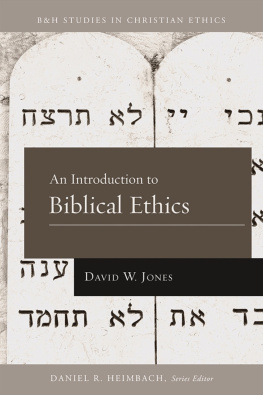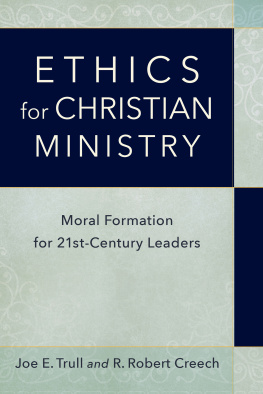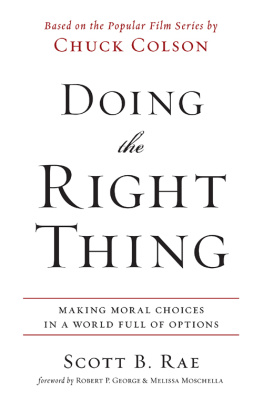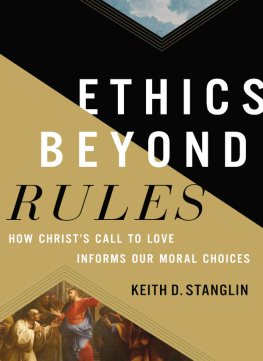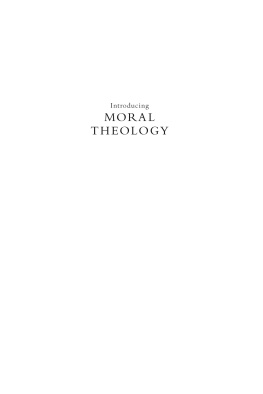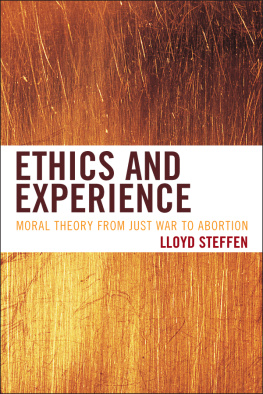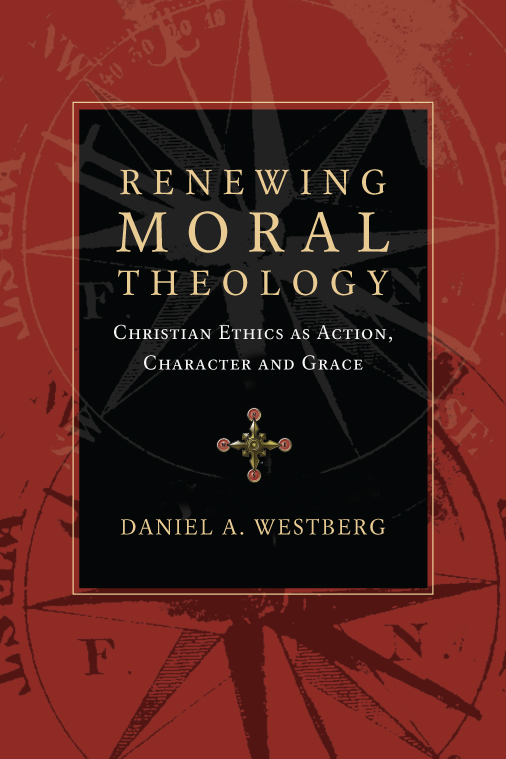InterVarsity Press
P.O. Box 1400,
Downers Grove, IL 60515-1426
ivpress.com
2015 by Daniel A. Westberg
All rights reserved. No part of this book may be reproduced in any form without written permission from InterVarsity Press.
InterVarsity Pressis the book-publishing division of InterVarsity Christian Fellowship/USA, a movement of students and faculty active on campus at hundreds of universities, colleges and schools of nursing in the United States of America, and a member movement of the International Fellowship of Evangelical Students. For information about local and regional activities, visitintervarsity.org .
Scripture quotations, unless otherwise noted, are from the New Revised Standard Version of the Bible, copyright 1989 by the Division of Christian Education of the National Council of the Churches of Christ in the USA. Used by permission. All rights reserved.
Cover design: Cindy Kiple
Images: compass illustration: Christopher Brewer/iStockphoto
antique compass: Barry Rosenthal/Getty Images
ISBN 978-0-8308-9770-4 (digital)
ISBN 978-0-8308-2460-1 (print)
This book is dedicated to
Harry Edwin Westberg 1924
Gladys Rudine Westberg 19242008
Dorothy Nelson Westberg 1922
As missionaries, church workers and parents,
they have been disciples of the Lord,
witnesses to Gods grace and
examples of Christian character.
Contents
Preface
W hen I began teaching Anglican moral theology to seminary students about fifteen years ago, I realized that we had few, if any, current textbooks to choose from. Anglican theologians have, of course, produced important and sometimes brilliant work on ethical topics in recent years, but the systematic approach to moral theology represented by Kenneth Kirk, R. C. Mortimer and Lindsay Dewar was swept away a couple of generations ago by the shifting and seductive winds of the 1960s. Though I see the publication of Joseph Fletchers Situation Ethics in 1966 as a kind of boundary marker for the end of that phase of Anglican ethical thought, the older style of moral theology certainly would have come to an end from the social, theological and philosophical pressures of the time without any direct influence from Fletcher.
Renewing Moral Theology is my attempt to breathe new life into this Anglican tradition, with the immediate aim of providing a systematic presentation of Christian ethics that builds on the Thomistic foundation shared with Catholic moral theology. This foundation is not as clear as it used to be, however, since after the Second Vatican Council the deficiencies of the standard understanding of Aquinas were exposed, resulting in a widespread revisionism, conservative reactions and a spectrum of positions, a condition long familiar to Protestants. Thomas Aquinas still retains for Catholics a certain preeminence, which can often be more of a stumbling block than a help, because strange new ways of approaching ethics often are presented as interpretations of Aquinas, resulting in a sometimes bewildering array of moral theologies all claiming to be Thomistic.
The wider and more important purpose of this book is to provide for the general Christian public a blending of the strengths of the Catholic tradition with evangelical emphases and convictions. Catholics and Protestants have realized that they have much to profit from each others strengths, and this book has been written to further the possibility of mutual enrichment in the area of ethics. This blending has been a feature of the best Anglican tradition of moral theology, long before the rather recent rise of seminaries and the need of theological colleges for textbooks. We find in Richard Hooker and Jeremy Taylor, for example, the helpful combination and harmonizing of Catholic moral philosophy of the Thomistic tradition with Reformed theological principles and Christ-centered spirituality, a tradition in which this book aims to follow.
One purpose of this project is to provide for contemporary Christians renewed confidence in the area of moral convictions. The trustworthiness of Scripture, especially for evangelicals, has been and still should provide a strong foundation; but the incorporation of the approach of Thomas Aquinas, which is a Christian modification of Aristotle, should provide further confidence in a philosophical and psychological soundness that academic ethicists are continuing to appreciate: when cleansed of Neo-Scholastic accretions, the theology of Aquinas provides integrity and consistency that, like the music of J. S. Bach or the architecture of Chartres Cathedral, can stand as a perennial monument in Christian culture.
Some readers may wonder at the lack of emphasis on natural law in a work meant to represent Thomistic ethics. I understand that in a postmodern relativistic society in which moral standards are considered to be opinions and matters of taste, the notion of objective moral norms has strong appeal to traditionalists and conservatives as the needed corrective to subjective individualism. However, there are dangers associated with a natural law approach that I would avoid, among which are, for example, the ease with which cultural norms are assumed to be equivalent to eternally valid moral principles, and the appeal to common sense or natural law in justifying social policies that sometimes conflict with ethics of the gospel, such as the focus on retributive views of punishment.
Another reason for resisting natural law comes from my study of its position and role in the ethical section of the Summa Theologiae (hereafter abbreviated ST in citations). Natural law is dealt with in one question only (ST I-II, q. 94). It is brilliant and important, but it is far removed from the section on ethical reasoning where Aquinas demonstrates how intellect, will and emotion combine to choose our actions, a description that has little or nothing to do with natural law, or law in general, for that matter. This leads to a more general theme in this book, which is the relation of law to moral reasoning. Until recently, the only alternative to an ethic based on consequences (such as utilitarianism) was an ethic based on obedience to the commands of God or obedience to the dictates of the reasoned conscience. Many interpretations of the ethics of Aquinas were forced into this template so that the dominant themes became the roles of conscience and obedient will. The very different model of practical reasoning actually developed by Aquinas (and followed by Richard Hooker, for example) needs to be highlighted, as this book does, while explaining the proper role of law in the Christian life (see especially chapter eight).
Since this book was written as a seminary text, I want to acknowledge the help of students at Nashotah House, who in successive years of gradual production and trial of the text in the classroom have given helpful suggestions for improvements, among whom are Jake Dell and Kreigh Knerr. John Trenum has my thanks for some of the more tedious tasks such as checking references and producing a portion of the index. The book has also been used recently in the ethics course of the distance-learning program at Nashotah House under the teaching of Kent Anderson, who has given me helpful advice and encouragement.
Some of my present and former colleagues at Nashotah House have seen various sections and given useful feedback, including Tom Holtzen, Garwood Anderson, Steve Schlossberg and Jack Gabig. Professors at other seminaries and institutions also have read some of the chapters, such as William Witt at Trinity School for Ministry, Jeff Greenman of Regent College and Kent Dunnington of Greenville college. Im also grateful to Paul Reasoner and a group of students at Bethel University who engaged with some of this material, as well as to Victor Austin and other members of the Anglican interest group at the Society of Christian Ethics who have made helpful suggestions.


